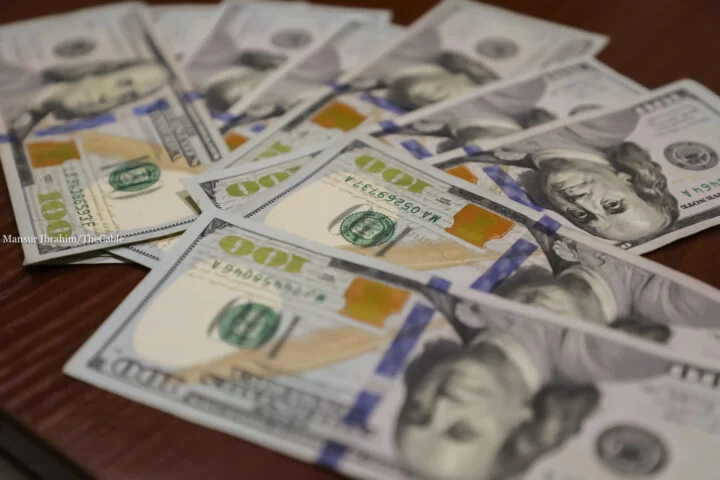Nigeria’s foreign exchange reserves have taken a significant hit, plummeting by a staggering $832.62 million in just two weeks this January. This alarming decline, according to data released by the Central Bank of Nigeria (CBN), underscores the mounting pressure on the nation’s currency, the Naira.
Between January 6th and 21st, the gross external reserves dwindled from a healthy $40.92 billion to a concerning $40.09 billion, marking a disconcerting 2.03% drop. This downward trajectory comes after a period of relative stability and even growth, raising serious concerns about the country’s economic resilience.
The decline has been consistent throughout the period, with reserves dipping below the $40.6 billion mark for the first time this month on January 13th. This downward trend continued unabated, reaching a nadir of $40.09 billion by the 21st.
Read Also: Trump’s Energy Policy Poses Critical Threat to Nigeria’s Oil-Dependent Economy
Key milestones during this period include a significant $167.1 million drop between January 10th and 13th and a substantial $502.5 million decline from January 6th to 13th.
This precipitous fall in reserves has sent shockwaves through the financial markets and ignited fears of potential currency devaluation and increased inflationary pressures.
The CBN has not yet issued an official statement regarding this significant decline. However, it is expected that the central bank will closely monitor the situation and may consider implementing measures to stabilize the currency and bolster reserves.
This rapid depletion of reserves serves as a stark reminder of the ongoing economic challenges facing Nigeria. Addressing these challenges requires a multifaceted approach, including diversifying the economy beyond oil, attracting foreign investment, and implementing sound macroeconomic policies.












